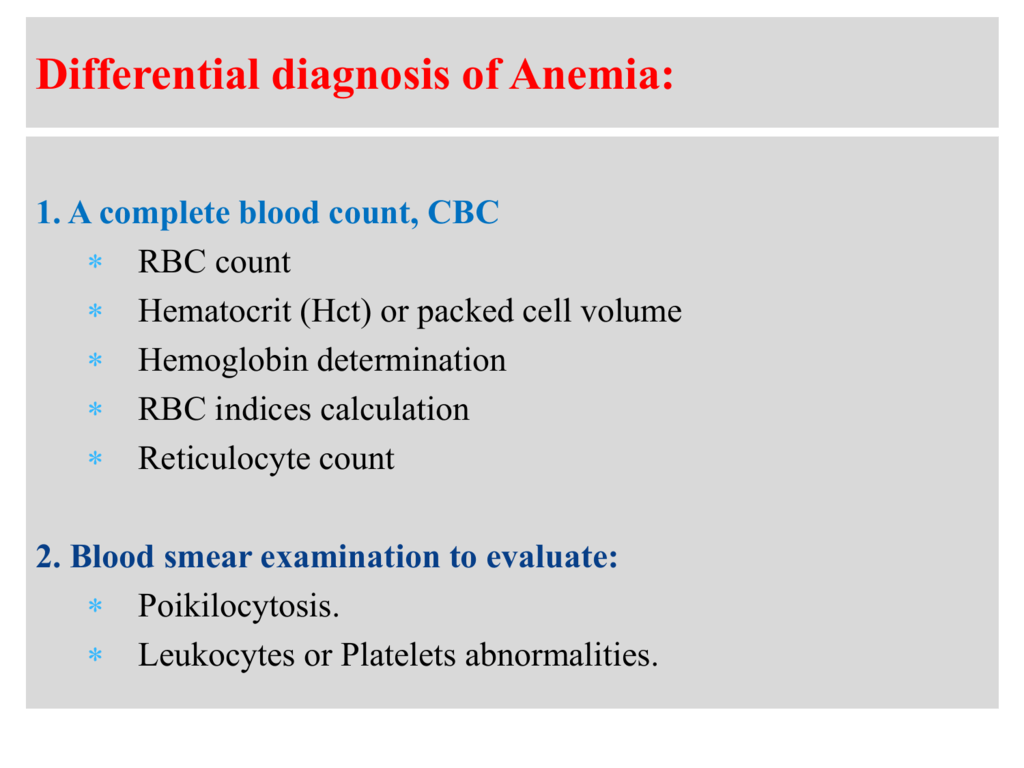
In addition to the hematocrit percentage, it is necessary to study other RBC tests such as RBC count, hemoglobin, MCV, MCH, MCHC and RDW to identify the type of anemia.Ī low hematocrit percentage in the blood means:
CAUSES OF LOW HEMATOCRIT AND HEMOGLOBIN HOW TO
But you can overcome this condition by reading this article on how to increase hematocrit and following the steps outlined.A low hematocrit (HCT) percentage may be a sign of anemia. Final words on how to increase hematocritĪnemia can lower a person’s quality of life. This procedure can only be done in a medical facility under the supervision of qualified medical personnel. If you try all the tips on how to increase hematocrit and nothing works, you might need a blood transfusion. Food like eggs, red meat, fish, chicken, yoghurt, milk, and breakfast cereals like fortified cornflakes can help boost your hematocrit. However, a few dietary changes can also go a long way. If your low hematocrit is as a result of A vitamin b-12 deficiency, you will need B-12 injections alongside oral supplements. To get this vitamin, you should eat beans, whole grains, tomato juice, broccoli, okro, spinach, green leafy vegetables like ugu, orange juice, and asparagus. It helps in the production of normal red blood cells. Vitamin C helps your body absorb iron, and that’s why you have to eat iron-rich foods like:įolate is a type of vitamin found in foods.

Iron deficiency is one of the causes of anemia, and to counteract this, you’ll have to eat foods that contain Vitamin C and iron. If want to know how to increase hematocrit, you should know that some foods can help you get your iron levels back up. These medications combat anemia by increasing the body’s ability to produce red blood cells.

These are the normal hematocrit levels according to age, sex and pregnancy:ĭepending on the severity of your condition, your doctor may prescribe some drugs to boost your hematocrit. If you want to know how to increase hematocrit, you will need to understand what the normal levels are for your age, sex, where you live, pregnancy status, and the testing method you used. The spun crit is another simple way of measuring hematocrit.

To measure a person’s hematocrit, the complete blood count (CBC) is used to assess both the hematocrit and the concentration of hemoglobin. If you have anemia and need to know how to increase hematocrit, this test will determine the level of your problem. The blood is made up of red blood cells and white blood cells, but the hematocrit test determines the number of red blood cells per volume of blood. The hematocrit test measures the percentage and the size of red blood cells in the body. From the WHO statistic, men have the lowest risk of becoming anemic while women of child-bearing age make up the highest number of people affected by this condition. The NHS defines anemia as when the number of healthy red blood cells in a person’s blood is lower and smaller than normal. According to the World Health Organisation (WHO), anemia affects 1.62 billion people all over the world.


 0 kommentar(er)
0 kommentar(er)
